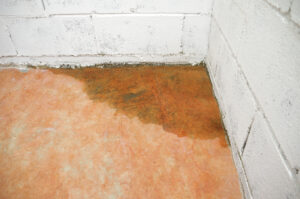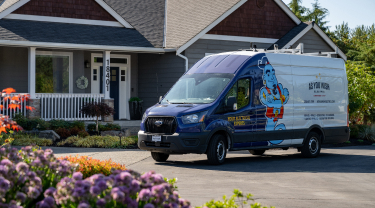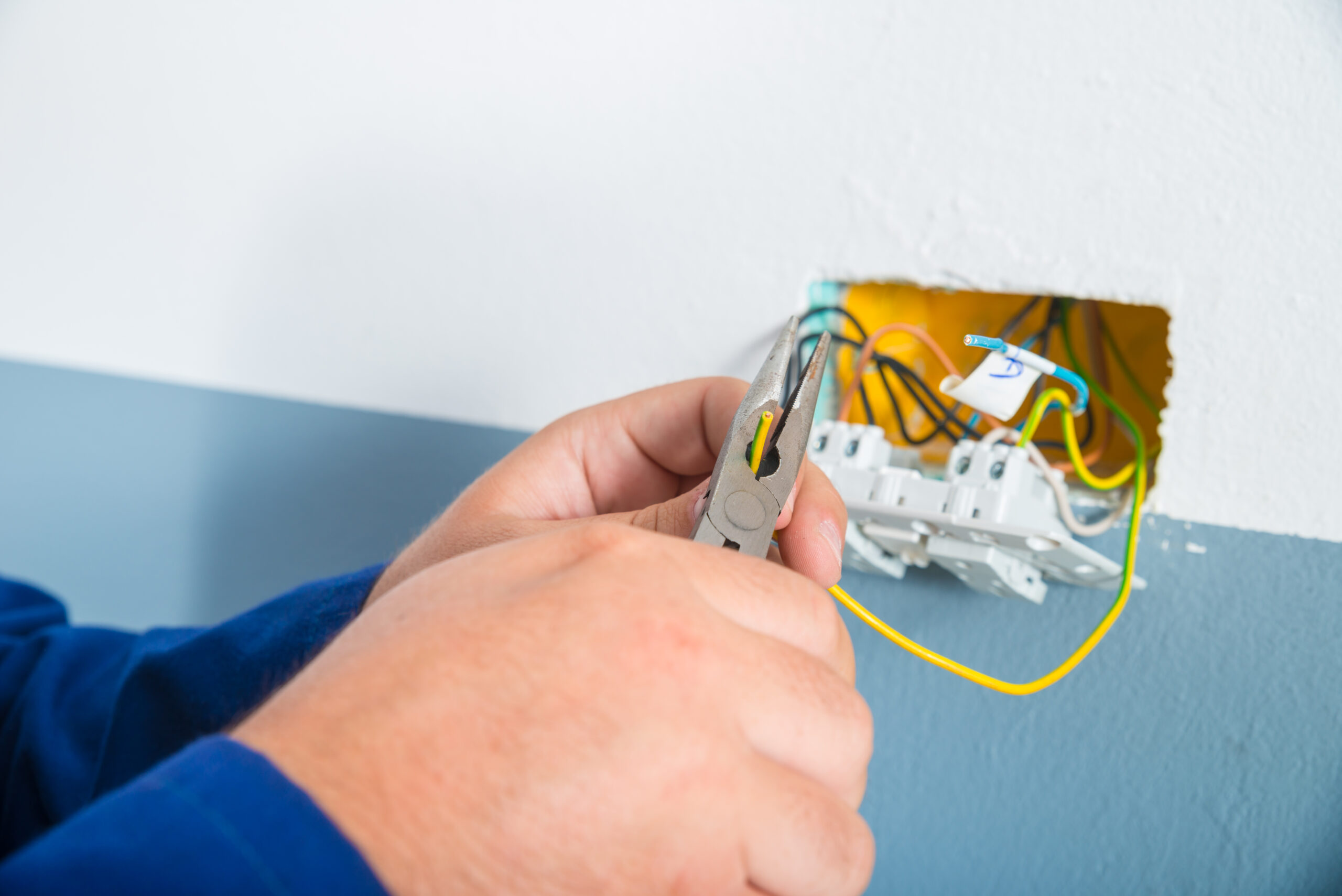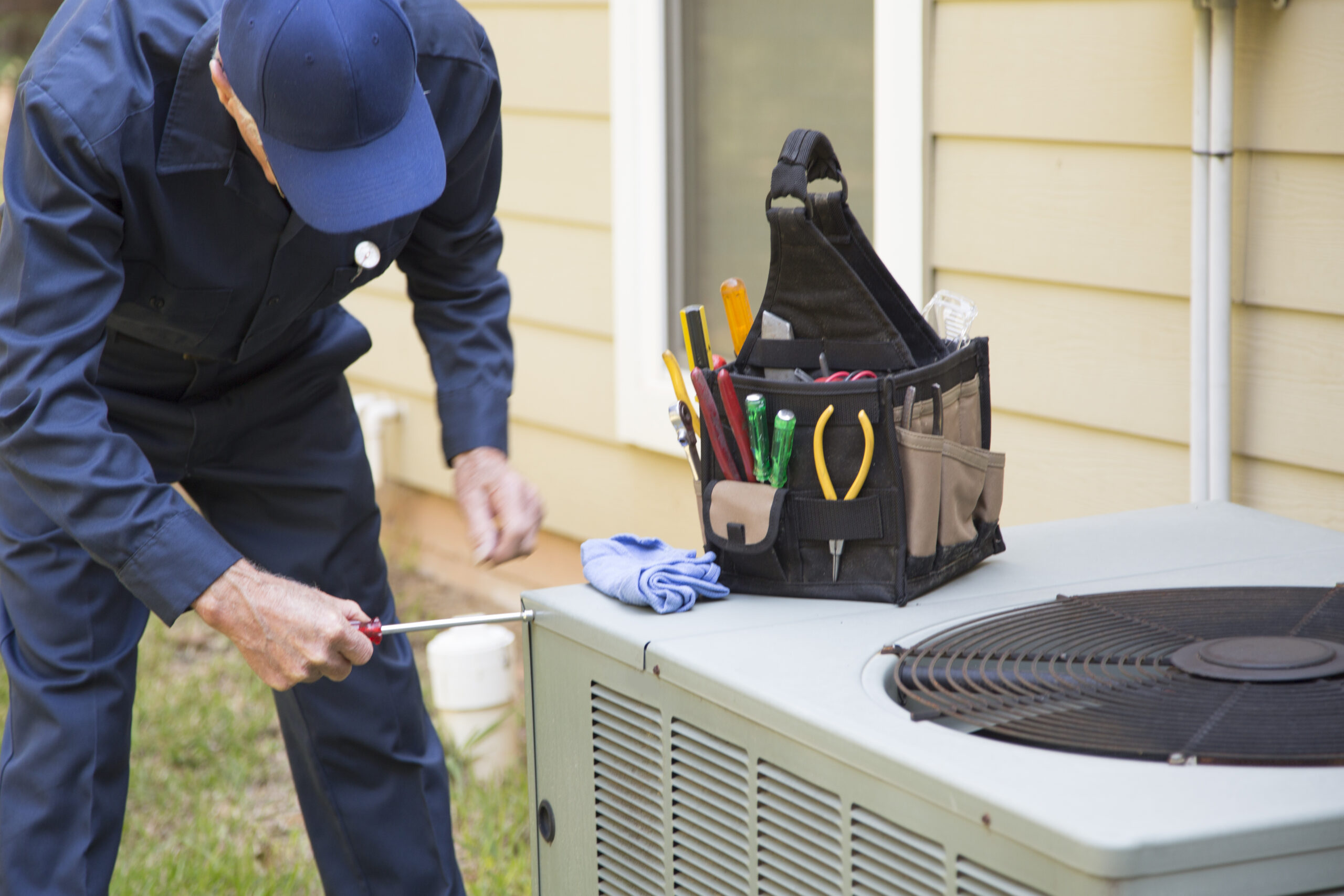How Does a Plumber Find a Water Leak Underground?
Dealing with an underground water leak can be a nightmare. Not only are underground leaks difficult to detect, but they also have the potential to cause extensive damage to a home. If you notice standing water, any area around your house where the ground is overly wet or otherwise suspect your plumbing is leaking, it’s important to call a professional plumber immediately. Plumbers have several tools and methods at their disposal for underground water leak detection and pinpointing the exact location of any leaks. This includes acoustic listening devices, soil probes, thermal imaging and pressure testing.
Acoustic Leak Detection
When checking for leaks underneath a concrete slab, plumbers often use headphones that are connected to a highly sensitive device known as a listening disc. By slowly moving the disc along the concrete, they can listen for tell-tale signs like dipping, bubbling or hissing. Acoustic leak detection is also a good option for finding other hidden leaks, such as behind a cabinet or inside a wall or ceiling.
Soil Probing
One of the best options to check for underground leaks in a main water line is to use a soil probe to listen for hissing sounds or vibrations in the soil. The water in a main line is under high pressure and will disturb the soil as it sprays out of the pipe, resulting in vibrations. As the plumber inserts the probe into the ground along the pipe, they’ll listen for any vibrations to see if the pipe is leaking. Once they start hearing the vibrations, they can then begin to determine the exact location of the leak by continuing to insert the probe in different locations to see where the sounds are loudest.
Pressure Testing
Smaller leaks or leaks in underground drain and sewer lines aren’t always readily detectable with acoustic listening devices, which is where pressure testing is useful. How this works is that the plumber first seals off different sections and then pressurizes them with water or air. They then monitor the pressure to see if it starts to drop, as a drop in pressure is a sure indication that there’s a leak in that section. They can then locate the leak by repressurizing the section and using a listening disc or soil probe to listen for the hissing sound produced by the pressurized water or air escaping the pipe.
Thermal Imaging
Another effective option for locating leaks underneath concrete is to use a thermal imaging camera to look for temperature differences. A leak in a cold water line can cause the ground in that area to be slightly cooler and show up as a bluer patch on the camera. If a hot water line is leaking, the ground in that area will be warmer and show up orange or red. As with acoustic leak detection, thermal imaging is an effective method for finding hidden leaks within a home as well.
Video Inspection
When checking for sewer line leaks, the most effective option is to perform a sewer video inspection. This involves inserting a waterproof camera into the sewer line through a cleanout and then monitoring the video feed to check for cracks, holes, etc. Video inspections are also useful for checking for issues like tree root intrusion, which can result in the sewer line clogging and frequently backing up.
The Importance of Prompt, Professional Leak Detection
When it comes to underground leaks, early detection is key to preventing damage and avoiding costly repairs. One concern is that an underground leak can result in extensive flooding in your basement or crawl space that can quickly lead to major mold problems. Even worse, there’s a chance that your foundation could get damaged and possibly threaten the structural integrity of your house. If the soil around or under part of the foundation is overly saturated, it can cause the foundation to shift and settle. This often results in diagonal cracks forming at the corners of window and door frames and can make it so that windows or doors no longer fully open or close. Settling can also result in part of a floor sinking or upheaving. Another concern is that soil expands when it gets saturated and can put so much pressure on a foundation wall that it cracks or begins to bow inward. The best way to avoid all of these potential issues is to be diligent by monitoring for any unexpected spikes in your water bill. If you have any pipes underneath your basement or the ground level if your home is on a concrete slab foundation, you should also watch out for issues like wet spots on carpet, hot or cold spots on the floor and any areas of flooring that have started to warp. For Silver Spring plumbing and sewer services you can depend on, look to the professionals at As You Wish. From video inspections and sewer cleaning to leak detection and repairs, we’re ready to help with whatever you need. We also back up all of our services with a 100% satisfaction guarantee. If you’re having issues with your sewer or suspect a plumbing leak, give us a call to get the prompt response and assistance you need.






